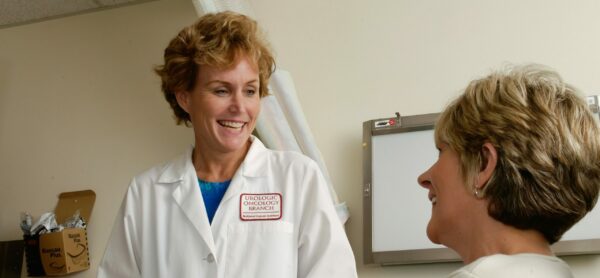As practice reimbursement continues to decline, many physicians are considering alternative solutions to increase revenue streams. While many surgical procedures were once performed solely in a hospital outpatient facility or ambulatory surgical center setting, advances in equipment and techniques have made it possible to perform complex procedures in the office setting. This scenario benefits all the stakeholders: patients, physicians, and payers.
Office-Based Surgery Centers vs. ASC Surgery Centers
Office-based surgery is any surgical procedure performed by a licensed physician in the office setting. It differs from ambulatory surgery centers (ASCs) in that it’s legally considered an extension of the physician’s office and therefore doesn’t require Article 28 certification.
Place of service code 11 (“non-facility”) is used and global billing applies, which means higher reimbursement because payment is combined for professional and technical components of procedures.
Case study: Vascular surgery
Vascular specialists have seen a steady decline in their professional fees every year for the past decade. Given the scope of the decline, it wouldn’t be feasible for many vascular specialists to derive their revenue solely from hospital-based services.
For example, in 2016, Medicare’s national physician payment amount for CPT 37227 (re-vascularization, endovascular, open or percutaneous, femoral/popliteal artery(s), unilateral; with transluminal stent placement(s) and atherectomy, includes angioplasty within the same vessel, when performed) is $786 in the hospital setting vs. $15,151 in the office setting (global payment).
Since almost all peripheral diagnostic and interventional procedures involving angioplasty, stent, atherectomy, and thrombectomy can now be performed be in the physician office, this could be an attractive option to capture more revenue, as well as boost productivity, all while enhancing the overall patient care experience.
Again, vascular surgery is just one example. Many other specialties could potentially benefit from adding office-based surgery, including:
- Anesthesiology
- Dermatology
- ENT
- Interventional cardiology and/or radiology
- Gynecology
- Pain management
- Plastics
- Urology
Quality care rendered at the lowest cost setting obviously helps improve effectiveness for the entire system. Additionally, office procedures offer improved convenience, comfort and access to patients.
Logistics for office-based surgery
From a consumer standpoint, the main issue is whether the office is an appropriate setting for the type of surgery proposed. Is the staff trained? Is the equipment appropriate? As we see more types of surgery migrate to the office setting, it’s important to ensure that procedures are done safely by qualified staff and that all patient experiences in the office setting, good and bad, are reported.
Many states have implemented regulations to promote the safety and quality of surgical procedures performed in office settings. These state-specific criteria must be met by physicians who wish to offer office-based surgery. Some states follow AMA guidelines and require a physician’s office to be accredited by a nationally recognized accreditation agency when performing surgical procedures requiring Level II anesthesia (moderate or “conscious” sedation) or higher. It is important to know your state’s regulations regarding office-based surgical procedures.
For clinicians seeking ways to regain control of their busy schedules and strive to improve their service offering to patients, an office-based surgery suite can prove extremely beneficial. Providers can reclaim some of their bargaining power with payers and hospitals while exercising better control of their workflow and improving their income and patient outcomes. If you are considering office-based surgery suites, DoctorsManagement can help simplify the process and reduce setup time and cost while ensuring high-quality patient care.

























